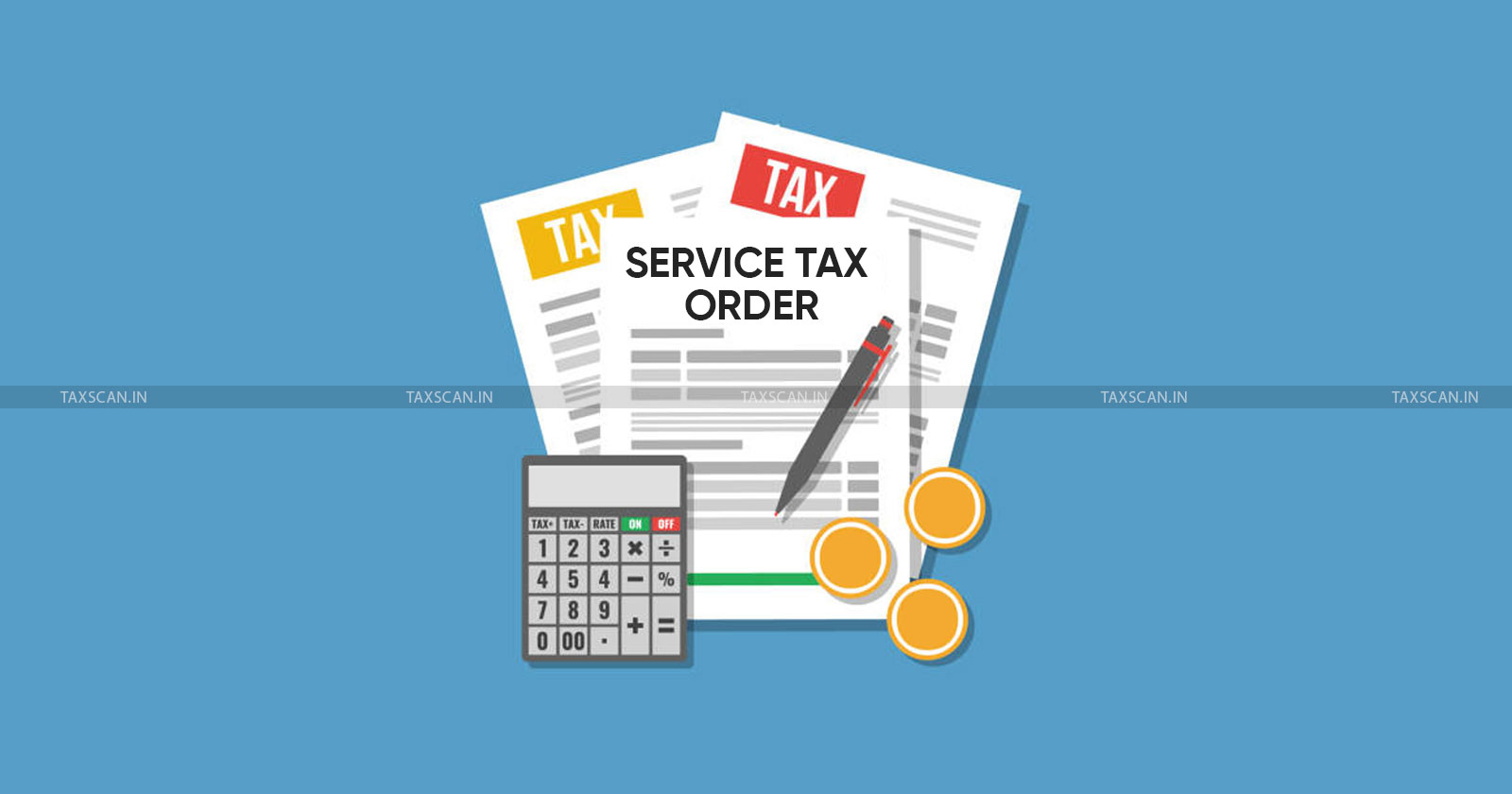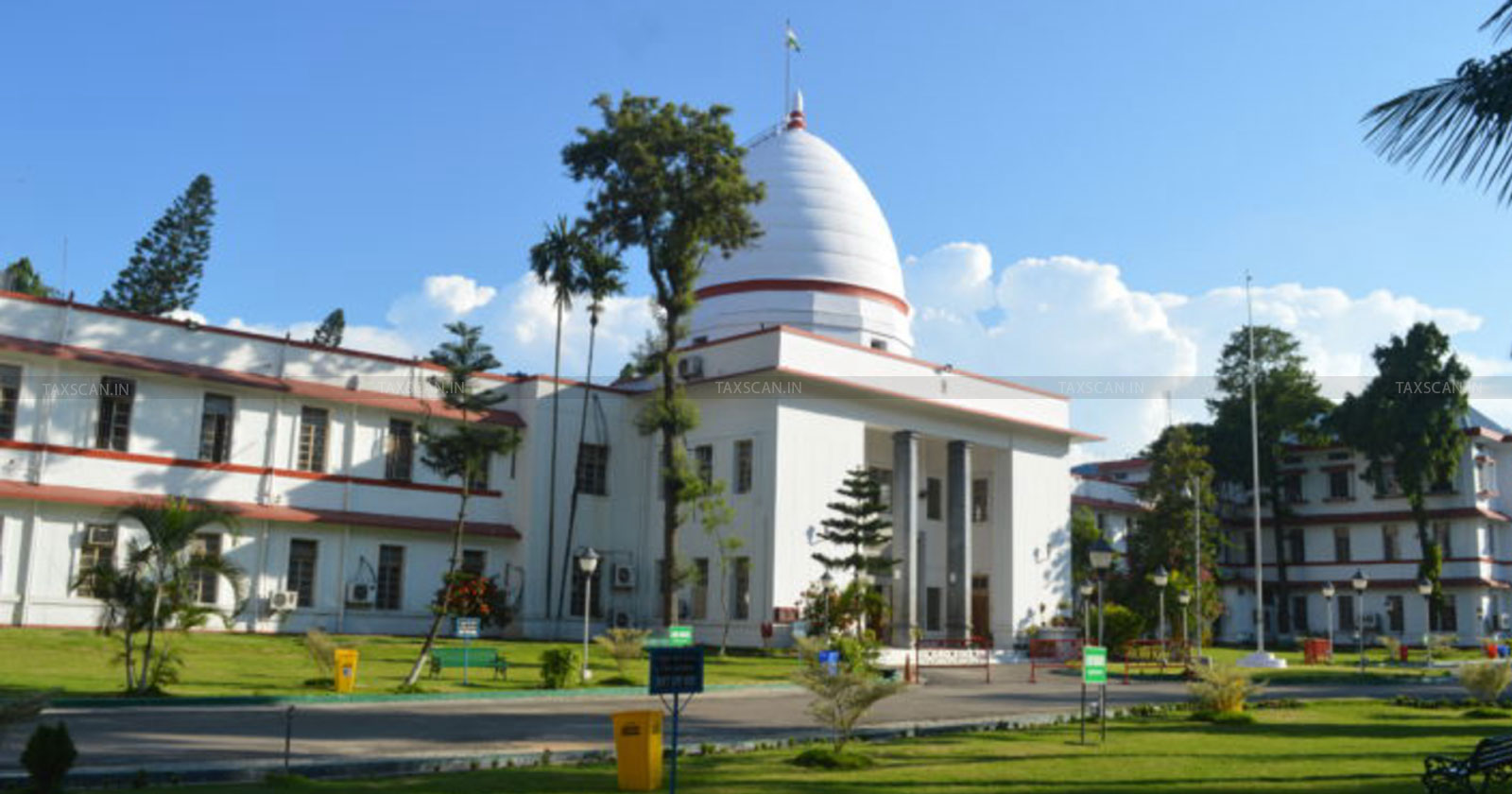Discontinued Business Entitled to GST Refund of Unutilised ITC: Sikkim HC allows Refund of ₹4.37 Cr to SICPA India [Read Order]
Neither Section 49(6) nor Section 54(3) of the CGST Act expressly forbade refunds of unutilised ITC after discontinuation of the business, observed the court
![Discontinued Business Entitled to GST Refund of Unutilised ITC: Sikkim HC allows Refund of ₹4.37 Cr to SICPA India [Read Order] Discontinued Business Entitled to GST Refund of Unutilised ITC: Sikkim HC allows Refund of ₹4.37 Cr to SICPA India [Read Order]](https://images.taxscan.in/h-upload/2025/06/11/2042613-discontinued-business-entitled-discontinued-business-entitled-to-gst-refund-taxscan.webp)
The High Court of Sikkim has held that a business entity is entitled to claim a refund of unutilized Input Tax Credit ( ITC ) under Goods and Services Tax ( GST ) even after its discontinuation. The Court directed the refund of ₹4.37 crore of unutilized ITC.
The bench of Justice Meenakshi Madan Rai observed that “in the instant matter there is no express prohibition in Section 49(6) read with Section 54 and 54(3) of the CGST Act, for claiming a refund of ITC on closure of unit. Although, Section 54(3) of the CGST Act deals only with two circumstances where refunds can be made, however the statute also does not provide for retention of tax without the authority of law. Consequently, I am of the considered view that the Petitioners are entitled to the refund of unutilized ITC claimed by them and it is ordered so.”
 Also Read:Unexplained Delay of Over Three Years in Finalizing Service Tax Order: Patna HC Sets Aside Demand for Lack of Justification [Read Order]
Also Read:Unexplained Delay of Over Three Years in Finalizing Service Tax Order: Patna HC Sets Aside Demand for Lack of Justification [Read Order]
The petition arose after the Assistant Commissioner of CGST and Central Excise, Gangtok Division, rejected the company’s refund application dated February 8, 2022 filed by the petitioner SICPA India.
This decision was later upheld by the Appellate Authority on March 22, 2023, which reasoned that Section 54(3) of the CGST Act, 2017 permits ITC refund only in two scenarios: (i) zero-rated supplies made without payment of tax, and (ii) accumulation due to the inverted duty structure. Since business closure was not explicitly listed, the refund was denied.
The UAE Tax Law Is Evolving — Stay Ahead Before Clients Find Someone Who Already Is, Enroll Now
Challenging these orders, SICPA India argued that Section 49(6) of the CGST Act permits a refund of the balance in the Electronic Credit Ledger after the payment of tax, fee, or penalty. The petitioner contended that this refund should be processed as per the general provisions of Section 54 and not be restricted only to the circumstances listed under Section 54(3).
The company also stated that denying the refund amounted to unjust enrichment of the exchequer, as the ITC lawfully accrued to them was not being returned despite business closure.
The Court rejected the Revenue's contention that the petitioner had an alternate appellate remedy under Section 112 of the CGST Act, citing precedent from the Supreme Court which permitted the High Court to exercise jurisdiction under Article 226, especially where pure questions of law are involved and facts are undisputed.
The Sikkim High Court came to the conclusion that neither Section 49(6) nor Section 54(3) of the CGST Act expressly forbade such refunds.
It also noted court rulings such as the Karnataka High Court's ruling in Slovak India Trading Company Pvt. Ltd., which allowed the return of CENVAT credit upon business closure. It underlined that the government cannot keep taxes without legal authority.
Accordingly, the Court set aside the impugned appellate order and directed the authorities to process and refund the unutilized ITC of ₹4.37 crore to the petitioner.
 Also Read:Simultaneous Action by Centre and State GST Raises Jurisdiction Issue: Gauhati HC Bars Coercive Steps [Read Order]
Also Read:Simultaneous Action by Centre and State GST Raises Jurisdiction Issue: Gauhati HC Bars Coercive Steps [Read Order]
Support our journalism by subscribing to Taxscan premium. Follow us on Telegram for quick updates


